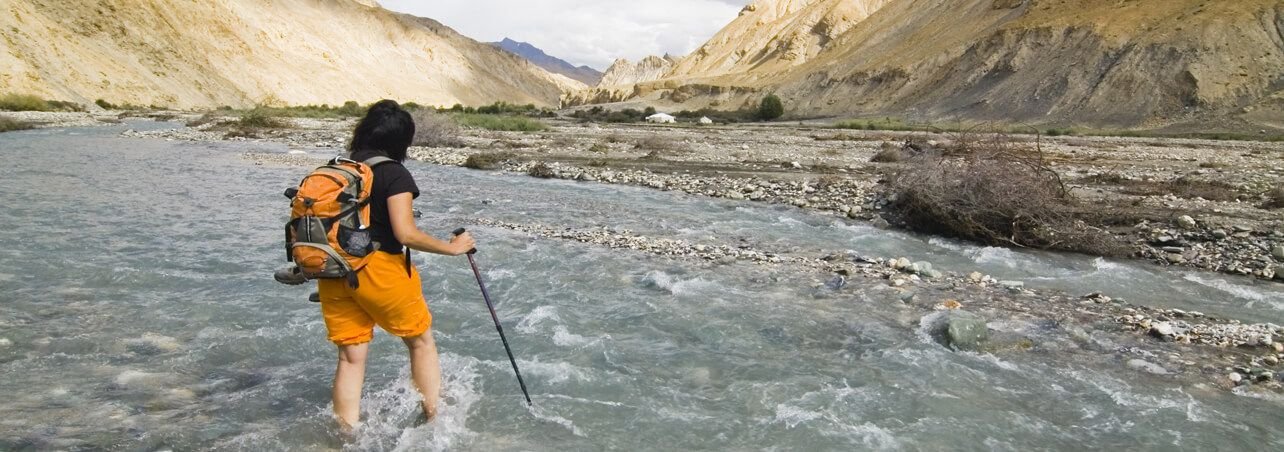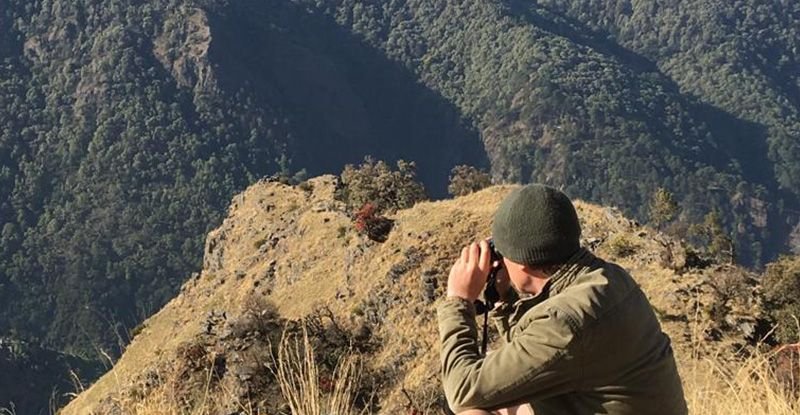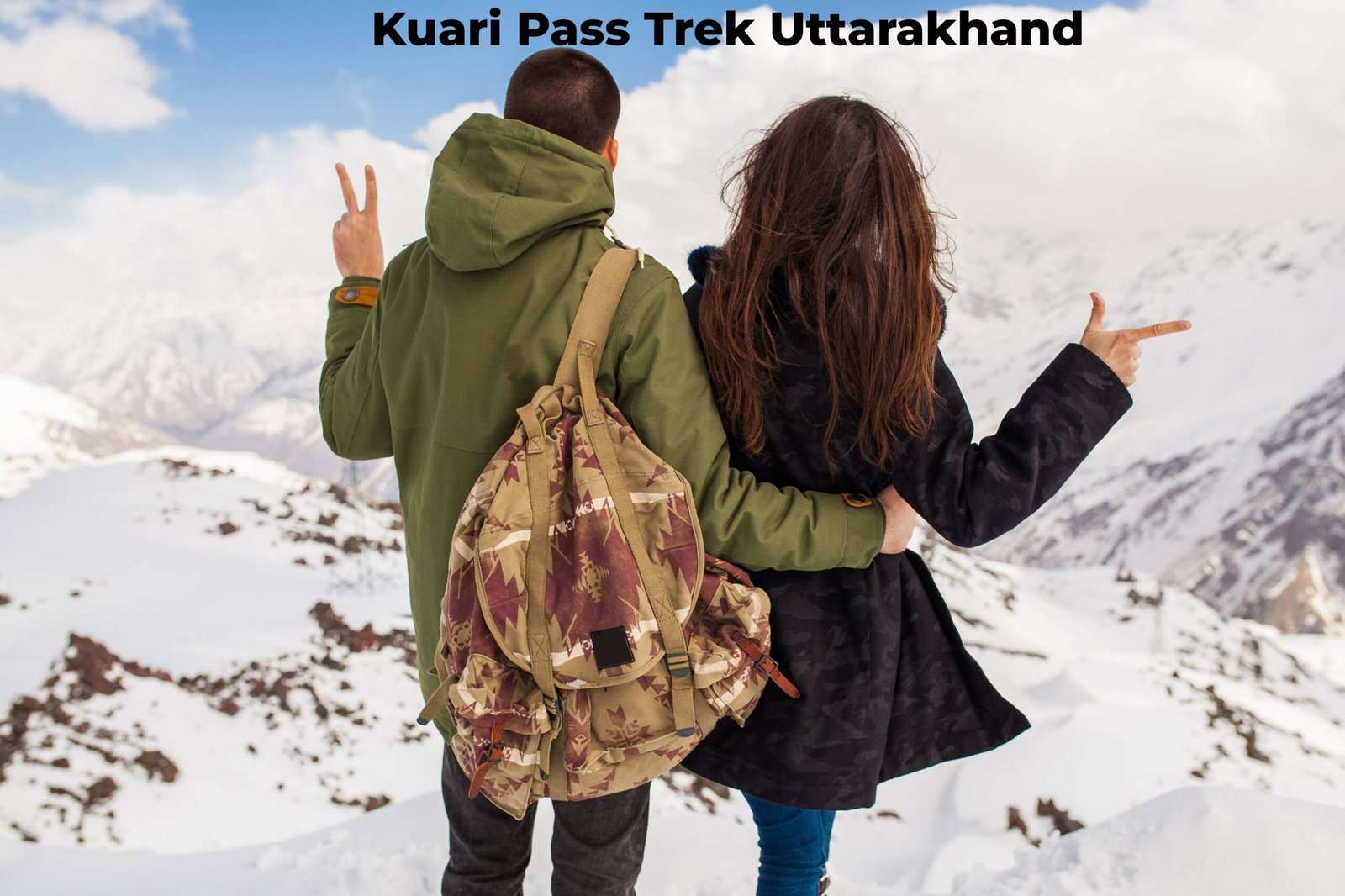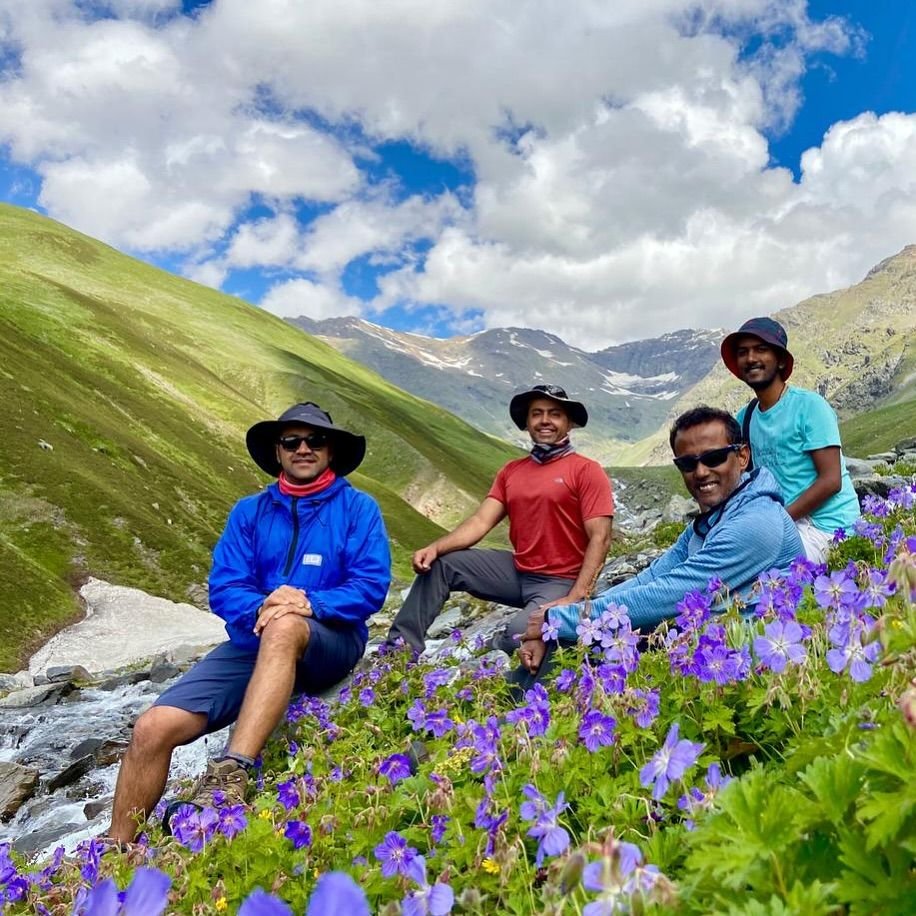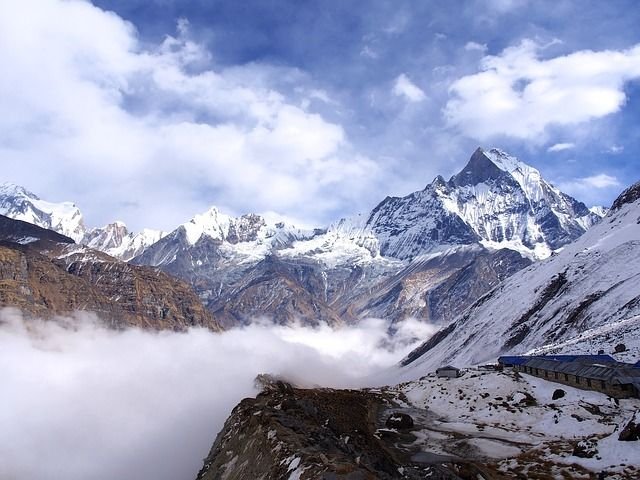India, a land of diverse landscapes and breathtaking beauty, offers countless opportunities for trekkers to explore its natural wonders. From the snow-capped Himalayas to the lush Western Ghats, the allure of trekking in India is undeniable. However, as the popularity of trekking grows, so does the responsibility to tread lightly and respect the natural surroundings. This blog will help you ensure that your adventure is both enjoyable and sustainable.
At its core, trekking etiquette involves practices that minimize your impact on the environment, respect wildlife, and support local communities. It’s about being a responsible tourist, one who leaves no trace and contributes positively to the areas visited. But why does it matter?
In the words of The Himalayan Outback, ‘Respecting trekking etiquette isn’t just about preserving nature; it’s about preserving the very essence of our adventure spirit for future generations. Responsible and Sustainable Trekking practices ensure that our adventures leave minimal impact on the environment, fostering a harmonious relationship between humans and nature.’
Waste Management
Implement the “Pack In, Pack Out” policy as successfully demonstrated by The Kasol Project in Himachal Pradesh. Carry all your waste, including biodegradables, back with you. Many regions now provide eco-friendly disposal options at trailheads.
Respecting Wildlife
Keep a respectful distance from animals and avoid feeding them. Your food can harm their health and alter natural behaviors, making them dependent on human-supplied food.
Follow Marked Trails
Straying from designated trails can lead to soil erosion and disturb local flora – in addition this can also be dangerous. Stick to marked paths to help protect the ecosystem and preserve the natural beauty of the landscape.
Choosing Sustainable Trekking Destinations
Look for destinations with a commitment to sustainability, such as the Valley of Flowers National Park in Uttarakhand or the Spiti Ecosphere in the Spiti Valley. These areas have implemented measures to protect their unique biodiversity while allowing trekkers to experience their natural beauty.
Learning from Experienced Trekkers
Personal accounts highlight the importance of preparation and mindfulness during treks. Experienced trekkers emphasize the value of carrying reusable water bottles, using biodegradable hygiene products, and engaging with local cultures in a respectful manner.
Sustainable Trekking initiatives, like those in the Markha Valley, demonstrate the positive impact of involving local communities in tourism management. By choosing trekking operators that prioritize eco-friendly practices and community engagement, you contribute to a sustainable tourism economy.
Your adventure in India’s wild and scenic landscapes calls for a commitment to responsible trekking. By adopting the principles of trekking etiquette outlined in this guide, you play a vital role in preserving the environment and supporting local communities. Share this guide with fellow travelers and trekking enthusiasts to spread the word about sustainable and responsible exploration.
Remember, the future of Trekking in India lies in our hands. It’s up to us to ensure that the beauty and diversity of this incredible country remain unspoiled for generations to come. Join us in making a pledge to trek with care—where will your next responsible adventure take you?
Summary
• Practice waste management by carrying out what you bring in.
• Respect wildlife and maintain distance.
• Stick to marked trails to protect local ecosystems.
• Choose trekking destinations known for their commitment to sustainability.
• Support trekking operators and local communities that facilitate responsible tourism.
Trek responsibly and make your next adventure in India not just memorable but also meaningful.

